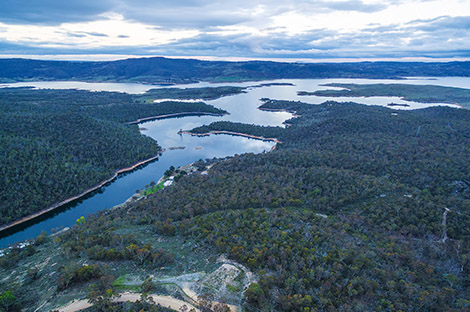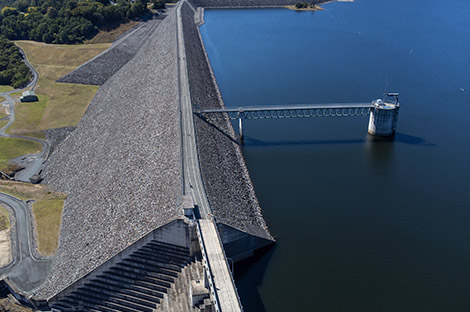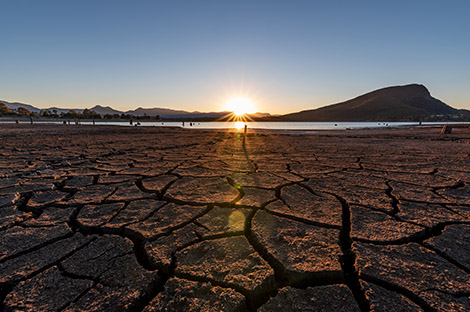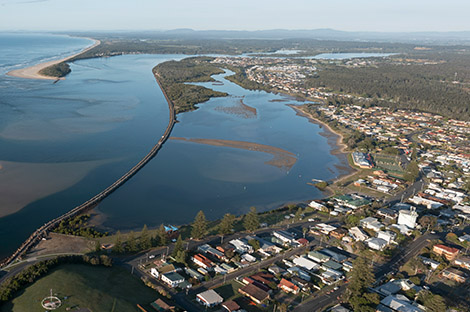A world leader in the sustainability of aquatic ecosystems
The Australian Rivers Institute (ARI) is Griffith's flagship institute dedicated to aquatic ecosystem sustainability. We conduct critical research on all aspects of water to support conservation and management efforts.
Our source-to-sea philosophy fosters holistic approaches to global water challenges at scale. By unifying expertise across environmental sciences, health, engineering, social science, First Peoples knowledge and culture, economics and law, we provide solutions for the rehabilitation, sustainable use and conservation of aquatic ecosystems.
Our interdisciplinary research approach also aligns with global treaties and initiatives on sustainability, climate, biodiversity and restoration. Nationally our research supports integrated assessments of natural capital for the nature repair market, focusing on the connectivity of soil, land and water.
Through partnerships with government and industry, our research is connected, innovative and targeted to address issues of water security, contemporary challenges of climate and land use change and issues from microplastics and emerging contaminants.
Sustainable Development Goals
Griffith University is committed to advancing sustainable development through comprehensive initiatives that promote economic prosperity, social inclusion, environmental sustainability and good governance for all.
Our capabilities at a glance
Number one global water security think tank
Connecting governments and experts for sustainable water solutions
Nearly 20 years of excellence in water leadership and conservation
Research themes

Transforming water catchments
Using big data analytics and AI to create modelling that informs sustainable water policies

Water security, digital water and circular economy
Leading creative circular economy initiatives to increase Australia’s water supply security

Arresting freshwater biodiversity decline
Discovering new knowledge to inform the restoration and conservation of freshwater biodiversity

Safe, resilient and sustainable water and sanitation systems
Creating resilience in the governance, management and access to clean water and sanitation

Water governance, law, society and culture
Rethinking our legal and bureaucratic structures to prioritise water governance

Soil, climate change and the circular farming economy
Understanding and addressing the impacts of soil fertility loss in agriculture

Resilient and sustainable coastal and marine ecosystems
Empowering coastal management decision-makers with cutting-edge solutions
World-class facilities and equipment
Supporting our innovative research with state-of-the-art labs, vehicles and field equipment.
Australian Rivers Institute News
Griffith-led project to unlock secrets of Australia’s rivers and fight nutrient...
23 Oct 2025
Analysing river samples to light pathways to improved management.
Rose’s Griffith legacy as scientific pioneer set in stone
29 Sep 2025
Pioneer of environmental science research and teaching honoured with naming of laboratory.
Findings show NT’s vital water source is drying – and it can be seen from space
05 Aug 2025
Researchers’ analysis of satellite imagery revealed the site has experienced significant...
Not one, but four – global study reveals the hidden species diversity of...
20 Jun 2025
Study reveals bright blue stinger actually a group of at least four distinct species.